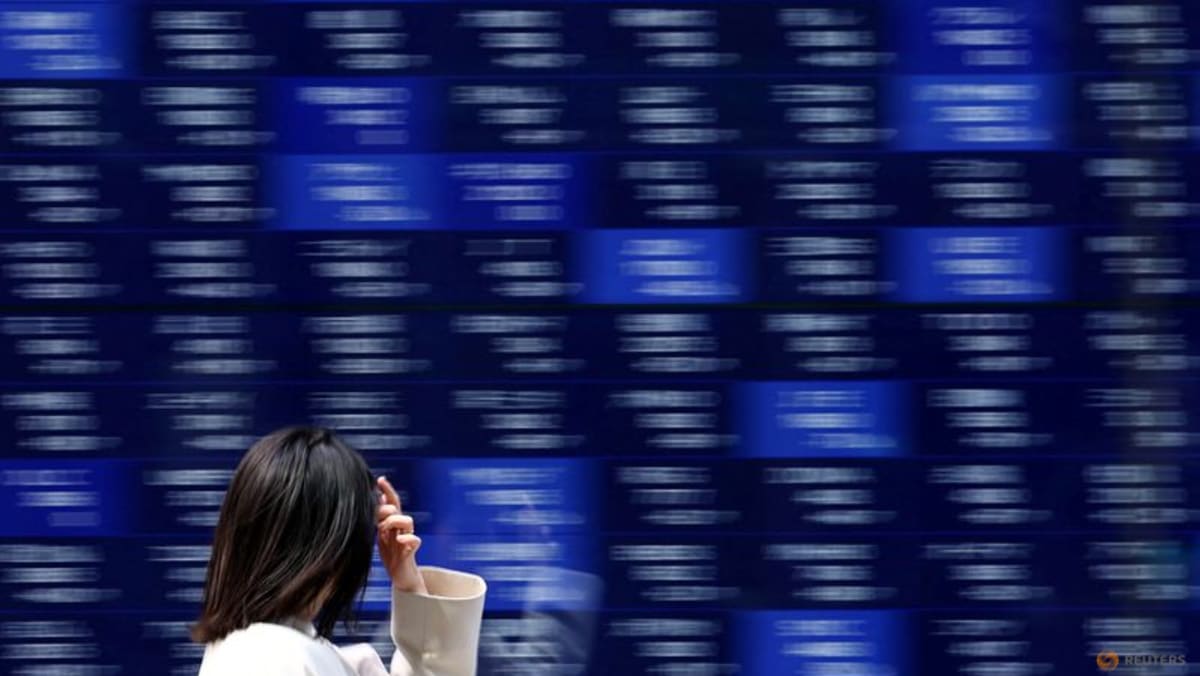TOKYO :Japanese automakers led a surge in the Nikkei share average to a one-year peak on Wednesday, after Tokyo reached a trade deal with Washington, ending a months-long stalemate.
Under the agreement, Japanese exports to the United States face a 15 per cent levy, down from a threatened tariff of 25 per cent. Specific duties on autos, which account for more than a quarter of Japan’s U.S. exports, also fell to 15 per cent from 25 per cent.
The Nikkei rallied 3.5 per cent to end the day at 41,171.32, its highest close since July last year.
The Tokyo Stock Exchange’s transport equipment index soared nearly 11 per cent, with Toyota Motor surging more than 14 per cent.
The clarity on tariffs bolstered the case for the Bank of Japan to resume raising interest rates, lifting short-term Japanese government bond yields.
Longer-term JGB yields also climbed, with local media reporting that embattled Prime Minister Shigeru Ishiba was preparing to step down, suggesting a shift in the political landscape towards increased fiscal largesse. Ishiba has denied the reports.
The 10-year yield shot to the highest since 2008 at 1.6 per cent, while a 40-year debt auction garnered the lowest demand since 2011.
The yen weakened about 0.3 per cent to 147.02 per dollar after initially flipping between gains and losses.
“As long as the political situation doesn’t deteriorate too much more, we suspect Japan’s equity rally has further to run,” Capital Economics head of Asia Pacific markets Thomas Mathews wrote in a note.
For the rates market, “our sense is that investors are still underestimating how fast the central bank will hike this year and next,” Mathews said.
Ishiba is facing growing opposition from within his Liberal Democratic Party for his vow to stay in power despite the ruling coalition’s drubbing in Sunday’s election, which resulted in the loss of the coalition’s upper house majority.
Opposition parties calling for debt-funded consumption tax cuts made big gains at the polls.
The yield on 40-year JGBs climbed 8.5 basis points to hit 3.46 per cent. Thirty-year yields advanced as much as 6.5 basis points to 3.15 per cent, approaching last week’s all-time high of 3.20 per cent.
Two-year yields, which are more sensitive to the monetary policy outlook, jumped 8 basis points to 0.83 per cent, the highest since April 2, when U.S. President Donald Trump shocked markets with his aggressive “Liberation Day” tariff announcement.
Expectations for tighter monetary policy also lifted the TSE’s banking index by 4.4 per cent, making it the second-biggest gainer among the bourse’s 33 industry groupings.
The central bank will meet on policy next week.
BOJ Deputy Governor Shinichi Uchida said on Wednesday that the trade deal greatly reduces uncertainty over the economic outlook, but also warned that risks to activity and prices were skewed to the downside.
“I don’t think this (trade deal) alone will lead to a Bank of Japan rate hike next week, but the possibility of a rate hike between September and October has increased,” said SMBC chief currency strategist Hirofumi Suzuki.
“However, if anything, political uncertainty is having more of an impact on the market, and the pressure for yen depreciation is likely to continue.”
